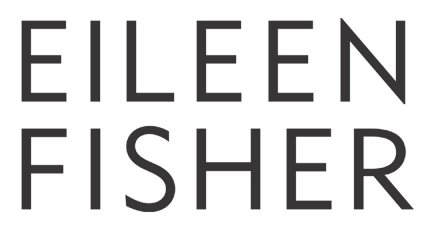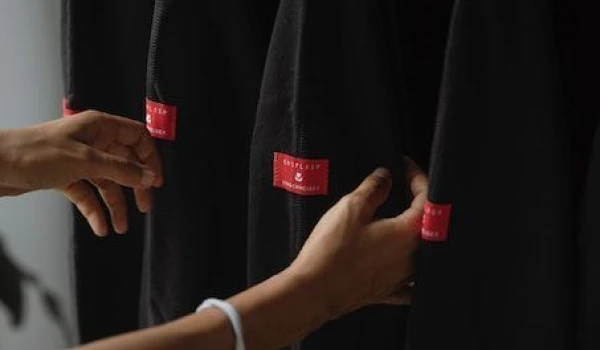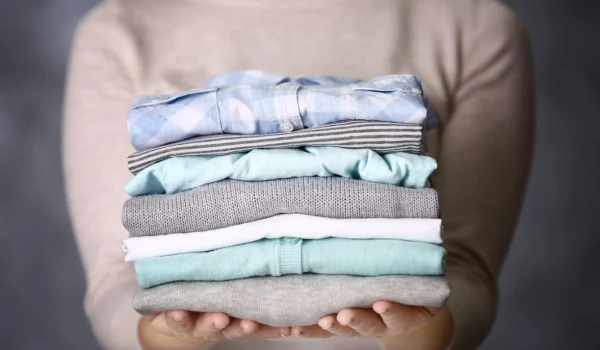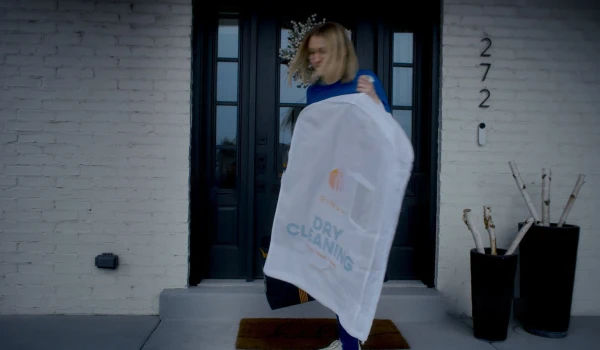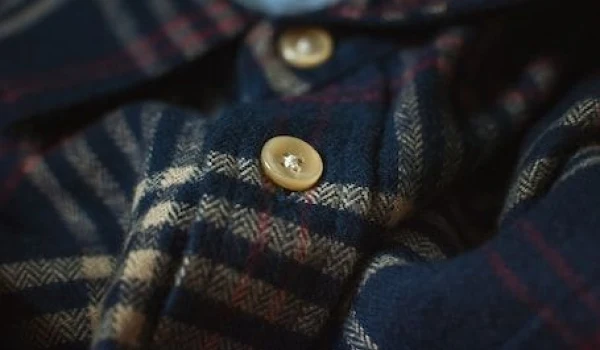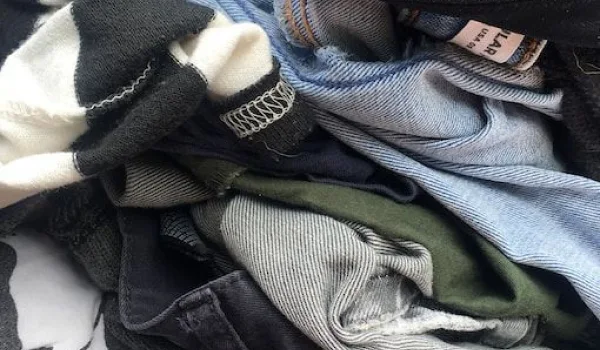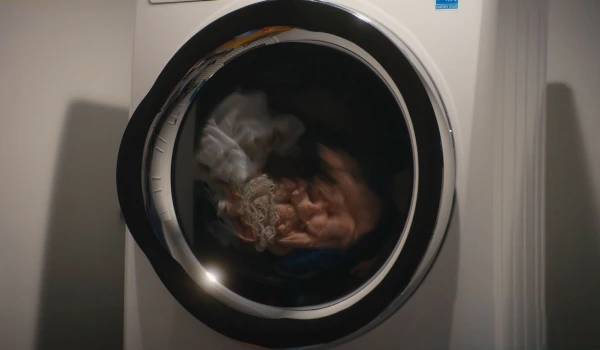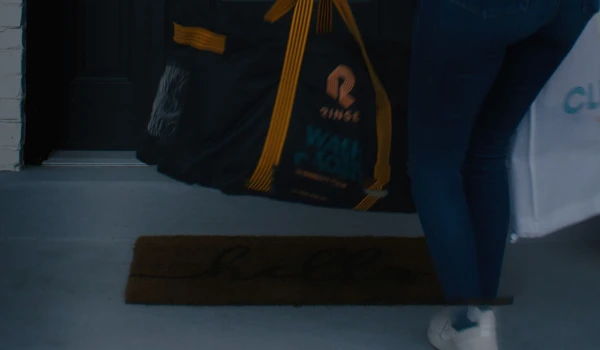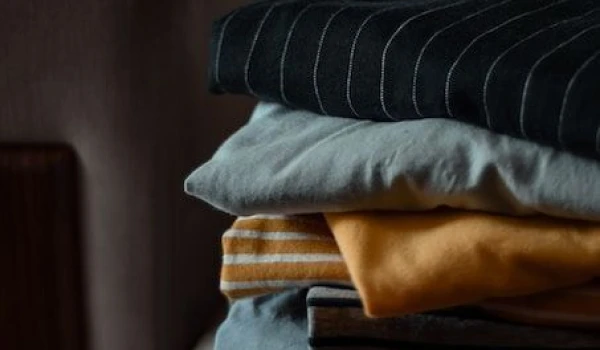Introduction
The environmental movement aiming to protect and preserve the planet has much to say when it comes to clothing and fashion. Known as sustainable fashion or eco-fashion, the goal is to minimize the negative effects the fashion industry has on the environment and society. It encompasses clothing design, production, retail, and disposal of garments.
The trend towards green and sustainability has only increased in recent years as the effects of climate change become more apparent – younger generations frequently cite the need to protect the Earth as a top priority. As such, consumers need to be wary of certain clothing brands that have taken the opportunity of "greenwashing" their offerings – a marketing practice that tries to position products as more environmentally friendly than they truly are.
While the ultimate way to be sustainable with your wardrobe is to stop acquiring new clothes, this may not always be an option. Thrift stores, rentals, or obtaining garments from friends and family for sure reduce our carbon footprint, but it may be hard to find specific apparel. If this is the case, the next step is to be selective with the brands you shop at and support.
We will first explain what to look out for in a sustainable brand before listing some of our top picks!

What Makes a Brand Sustainable?
Several factors determine whether and how sustainable a brand truly is. In a nutshell, the better (or less harmful) the brand is for the planet, the more points it gets. Here are five considerations to analyze:
-
Environmental Responsibility: A brand cannot be sustainable if it is not focused and proud to minimize waste and use of resources like electricity and water, reduce the production of pollution and carbon emissions, utilize renewable packaging, and dispose of waste and chemicals properly. In addition, the impact on fauna should be zero, ideally eliminating the use of animal materials like leather, wool, and feathers.
-
Ethical and Fair Trade Practices: A sustainable brand must ensure that its workers are treated and compensated fairly. This means they receive a living wage for their labor, health and safety regulations are strictly monitored and enforced, neither child nor forced labor is present, and workers have access to ethically-compliant management. Fair trade practices also include sourcing raw materials from ethically-verified supply chains and paying the market price, often resulting in fair trade certifications.
-
Transparency and Accountability: Open communication with all stakeholders is required for transparency. This means a brand's supply chain, business partners and practices, and environmental impact is publicly available information.
-
Product Quality and Longevity: It is here where we distinguish truly sustainable brands from fast fashion ones. The latter has a business model in which products are less expensive but of lower quality. This results in more sales over time. The issue with this is that it also means that these clothes or accessories wear out and need to be discarded sooner, filling up landfills in the process. Sustainable clothing, on the other hand, is designed to last for a long time. It is also far more likely that you will find these clothes sustainably recycled in the form of hand-me-downs or donated than thrown away.
-
Local and Artisanal Production: Several sustainable brands seek to promote and employ local talent to produce their goods. This has the added benefit of reducing the carbon footprint associated with transportation and logistics, as operations are more locally concentrated.
Now that we know what we want from a brand, let's go through some that distinguish themselves in these departments.
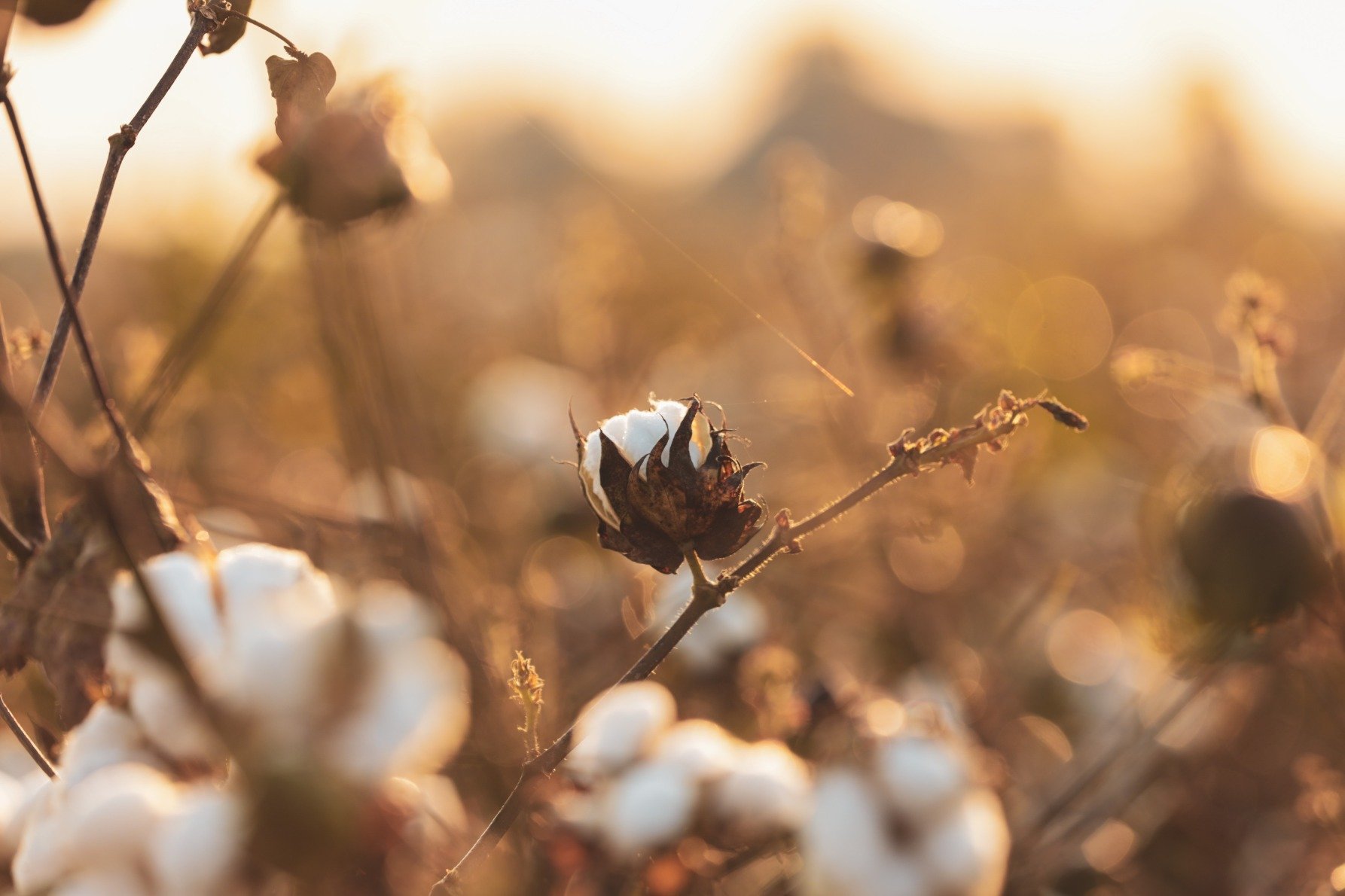
Top 8 Sustainable Brands in the US
Reformation
This LA-based fashion brand is known for being environmentally conscious while producing stylish designs for its expansive line of clothes – from jeans to underwear to wedding dresses. Some of its sustainability practices include:
-
Eco-friendly materials: Reformation uses sustainable materials such as Tencel (also known as lyocell – a high-end material made from wood pulp), organic cotton, and recycled or deadstock fabrics.
-
Transparent supply chain: Reformation is very clear with the source of its materials, commitments to the communities it operates in, and is conscious of its products' life cycle.
-
Commitment to reducing its environmental impact: Reformation is certified carbon neutral, produces a fulsome sustainability report and roadmap, and monitors its impact on the environment by monitoring its RefScale. It is also aiming to be climate-positive by 2025.
Proclaim
Based in LA, Proclaim is known for its inclusive nude lingerie line. Some of its sustainability practices include:
-
Ethical manufacturing processes: Proclaim's pieces are made in Los Angeles, in an apparel factory that is both family-owned and BIPOC-owned. It also ensures workers are paid hourly and well above minimum wage.
-
Inclusive product range: Proclaim strives to make its offerings available to everyone, featuring a size range from S to 3XL.
-
Sustainable practices in the lingerie industry: Proclaim designs its products with earth-friendly properties and fabrics in mind. Some of these include cupro (regenerated cellulose fabric made from recycled cotton linter), organic cotton, Tencel, and polyester made from recycled plastic. It also strives to reduce textile waste and deadstock from the piece design process.
Svala
Based in LA, Svala is a luxury designer of vegan handbags. Its product line includes handbags, purses, and tote bags. Some of its sustainability practices include:
-
Cruelty-free: Being vegan ensures Svala does not harm any animals. In addition, the brand donates 10% of its profits to various charities, including Wild Aid.
-
Eco-friendly materials: Svala features many collections, each made with eco-friendly materials. For instance, the MIRUM line is made from a combination of virgin natural materials such as natural rubber, plant oils, and cork. It also requires no water during manufacturing and dyeing. After its lifecycle is complete, the purses can be recycled or safely returned to the earth.
-
Craftsmanship: All products are manufactured in a local factory located in downtown LA. Workers are paid a fair wage and enjoy comfortable working conditions. In addition, each bag is handcrafted by artisans.
People Tree
Founded in London as a Fair Trade apparel company, People Tree blends contemporary, versatile designs while maintaining the highest ethical and environmental standards. Some of its sustainability practices include:
-
Ethical sourcing: People Tree was the first fashion company to be awarded the World Fair Trade Organization product label. As such, they comply with principles of fair wages, good working conditions, transparency, and gender equality.
-
Partnerships with artisan communities: People Tree supports its local partners and looks to foster economic independence for its artisans. In addition, the company provides continuous teaching of traditional hand skills like embroidery, weaving, printing, dyeing, knitting, and stitching to new generations.
-
Sustainable fabric choices: People Tree partners with the Kumbeshwar Technical School (KTS) in Nepal for its fabrics. KTS's textiles are entirely made from wool, cotton, and other natural fibers, such as banana and "allo" fibers.
Girlfriend Collective
An excellent option for sustainable clothes including activewear, outerwear, and intimates, this Seattle-based company is known for its commitment to ethical and green practices. Some of its sustainability practices include:
-
Eco-friendly materials: Girlfriend Collective's packaging is 100% recycled and recyclable. Similarly, its clothes are made from recycled materials like post-consumer water bottles, fishing nets retrieved from the seas, fabric scraps, and other waste.
-
Transparent supply chain: Girlfriend Collective's textiles are made in various facilities across the globe. Its primary recycling partner is in Taiwan and its core sewing partner is in Vietnam. The company only works with verified factories that have fair practice certifications such as SA8000 and WRAP.
-
Recycling initiatives: The brand's recycled fabric is certified Standard 100 by Oeko-Tex, the world’s leader in testing fabrics to regulate harmful substances. They make sure every fabric’s origin and contents are upfront, so customers know exactly what they're purchasing and wearing.
Outerknown
This sustainable clothing brand was launched by surf champion Kelly Slater and designer John Moore in 2015. Its mission is to produce quality and stylish essentials for your wardrobe, such as sustainable swimwear, shirts, loungewear, shorts, and denim. Some of its sustainability practices include:
-
Ethical sourcing: Outerknown works with two B Corp Certified suppliers and has eight facilities running on renewable energy. The company recently diversified its production country of origin and moved 67% of its supply chain to ensure that every supplier prioritizes and respects human rights.
-
Inclusive product range: Outerknown strives to make its offerings available to everyone, featuring a size range from XS to 2XL.
-
Circularity: The brand encourages customers to keep Outerknown clothing out of landfills and enroll them in Outerworn – a reselling platform for previously loved garments.
Eileen Fisher
Based out of Irvington, NY, this American clothing brand is known for its quality and timeless designs. Its product line is wide, encompassing sweaters to sleepwear to denim. Some of its sustainability practices include:
-
Ethical sourcing: Eileen Fisher utilizes recycled and ethically-sourced fabrics, such as cashmere sourced from Italy, organic cotton and hemp, and a linen blend featuring Tencel lyocell.
-
Commitment to reducing its environmental impact: The brand is proud to choose fibers that are regenerative, renewable, and recyclable. It also seeks to minimize the use of water and energy and is transparent when it comes to its supply chain partners.
-
Circularity: Eileen Fisher follows three steps during its product creation – Sustainable Design, which includes manufacturing most sustainably; Renew, which is the company's take back and resale program; and Waste No More, which is an art program repurposing damaged clothes into one-of-a-kind artworks.
Patagonia
This California-based outdoor apparel and gear brand is famous for its dedication to sustainability and environmental activism. It staunchly opposes fast fashion and greenwashing trends. Some of its sustainable practices include:
-
Environmental stewardship: Patagonia believes that the climate crisis poses an existential threat. As such, it goes beyond just being carbon neutral and set ambitious GHG emission reduction goals, both near-term (FY2030) and long-term (FY2040). It also seeks to get oil out of its clothes and make products based on environmental profit and loss.
-
Involvement in local communities' activism: Patagonia has supported grassroots movements to protect the environment and demand progressive regulations from governments. It has donated over $14 million in the past five years to slow climate change. It is also supporting its Patagonia Action Works platform to link activists with communities.
-
Circularity: Patagonia offers an extensive repair program to encourage customers to avoid tossing worn products. It also has a Worn Wear initiative to recycle and resell its goods. Lastly, the brand is famous for being closed on major retail dates, such as Black Friday, to minimize consumerism. In 2016, it donated all online Black Friday sales to environmental charities.
Why You Should Shop Sustainable
Now that we've seen what makes a brand sustainable and some of the options to choose from, the next question is why should we support them? While it is true that they may be more expensive, going sustainable can positively impact the environment, your social footprint, and even your well-being via:
-
Reduced environmental impact: Producing clothes utilizes a considerable amount of resources. Supporting brands that care deeply about this and seek to minimize their impact on the earth will go a long way in fighting the effects of climate change.
-
Ethical production: You can rest easy when your clothes are produced in verified and ethical supply chains, ensuring workers receive a fair wage, safe working conditions, and are free from forced labor.
-
Higher-quality products: Reduce your carbon footprint knowing your garments' lifecycle will be much longer. You will be doing your part in keeping the planet's landfills from filling faster than they need to.
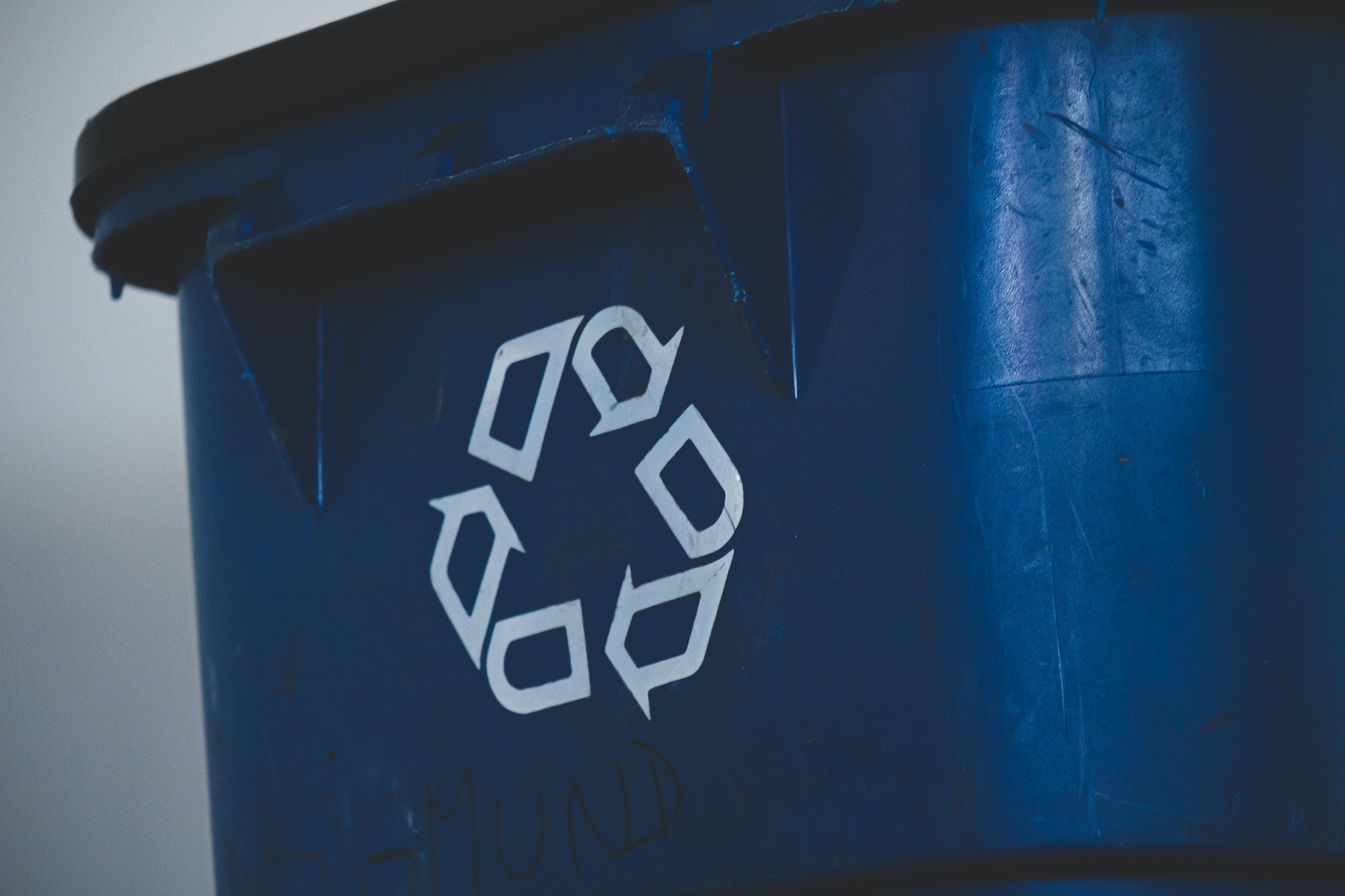
Taking Care of Clothes and the Environment
The last piece we cover offers tips on how to take care of your clothes while minimizing the impact on the environment:
-
Wash your clothes as little as possible: Some natural fibers, such as alpaca wool, are antimicrobial. This means they don't need to be washed as frequently. Some brands infuse technology into their fabrics to also possess this quality. Save water, energy, time, and wear on your clothes!
-
Steam instead of ironing: While not always possible to get all wrinkles out, try to steam instead of ironing – it's much more gentle on your clothes.
-
Catch microplastics in your washer: Clothes made of recycled plastic will leak microplastics when washed. Place them in a washing bag (such as GUPPYFRIEND) to catch and discard them properly.
-
Use sustainable detergents: Some detergents are better for the environment than others. Use sustainable or natural ones where possible.
- Outsource your laundry and dry cleaning to an eco-friendly provider: Let a professional service like Rinse take care of your cleaning. We care deeply about the environment and our operations reflect that. Whether it be by using highly efficient washers or practicing green dry cleaning, we have you and the environment covered.
Contact us at Rinse today to see our skill in action.







